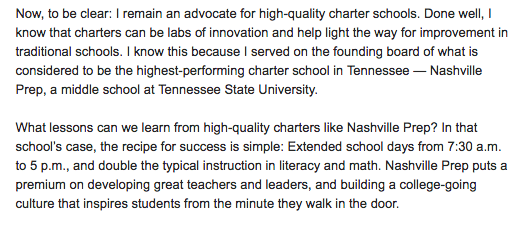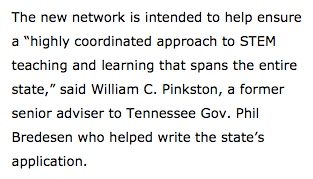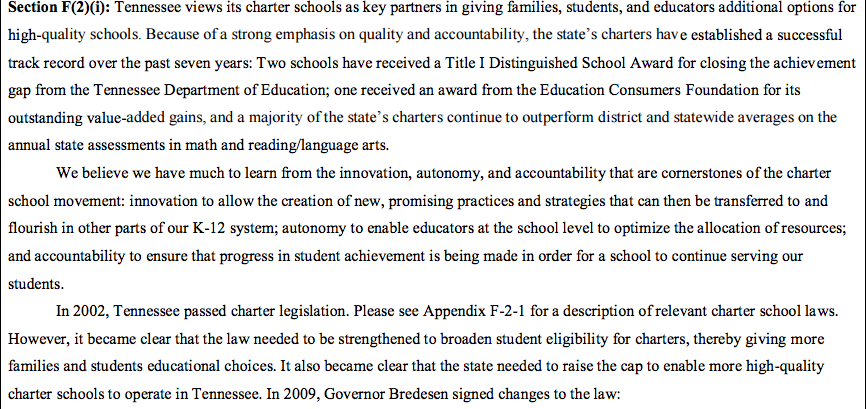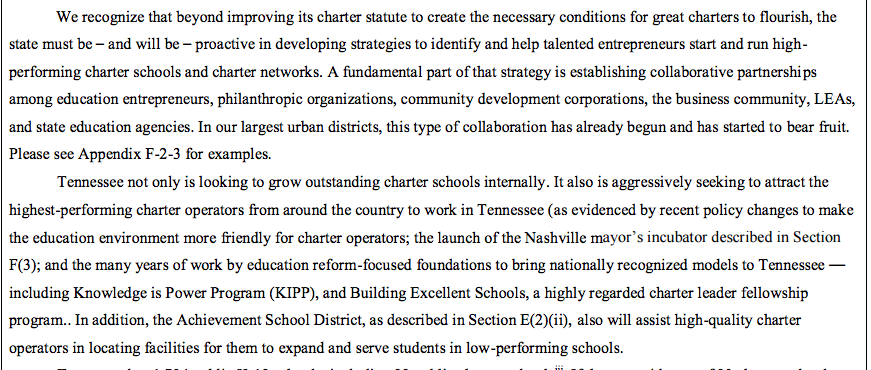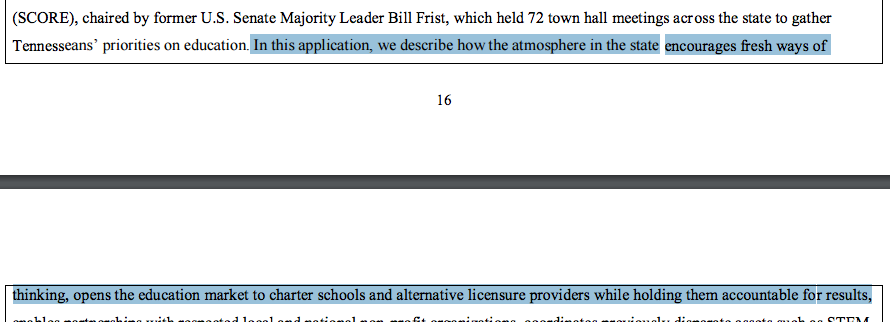This week, the Murfreesboro City School Board discussed the possibility of refusing to administer Phase II of the TNReady test.
Board members cited frustration with the rollout of TNReady and the subsequent lost instructional time. Additionally, some members noted this year’s TNReady challenges have caused increased stress for teachers and students.
All of this prompted speculation about what would happen if an entire district refused to administer the state-mandated test.
Here’s the short answer: Money. The district would be “fined” by having a portion of its BEP allocation withheld as allowed in state law.
In response to a question on this issue, the Tennessee Department of Education issued the following statement:
Under both state law and State Board of Education rules, the commissioner of education is charged with ensuring compliance with all education laws and rules. T.C.A. 49-3-353 authorizes the commissioner to withhold a portion or all of the Tennessee BEP funds that a school system is otherwise eligible to receive to enforce education laws and State Board of Education rules.
In addition, the State Board states that the department shall impose sanctions on school systems, which may include withholding part or all of state school funding to the non-approved system.
An entire school system refusing to participate in state mandated testing would be a major violation of state law and rule, and the school system could be considered a non-approved system subject to sanctions, including the loss of state funding.
The department has a responsibility to ensure that all students are on track to be college and career ready, which it monitors in part through annual assessments. We take that responsibility seriously and expect districts and schools to do the same. We want to work with all our school systems, including Murfreesboro City, as we continue to administer and improve our state assessments and ultimately ensure that all our students are receiving a high-quality education. The department has been working with Dr. Gilbert and the district on this issue and will continue conversations with her team as we work toward this goal.
It Means Lost Money
So, while not specifying the level of impact, the DOE is making clear that the violation would be “major” and that funds would be withheld. A recent example of the DOE using its authority to withhold funds can be found in the “Great Hearts Controversy” in Nashville. When MNPS failed to authorize a charter school the State Board found should have been authorized, Commissioner Kevin Huffman fined the district $3.4 million.
For now, no action has been taken by Murfreesboro City Schools or any other district in terms of refusing to administer TNReady.
For more on education politics and policy in Tennessee, follow @TNEdReport



